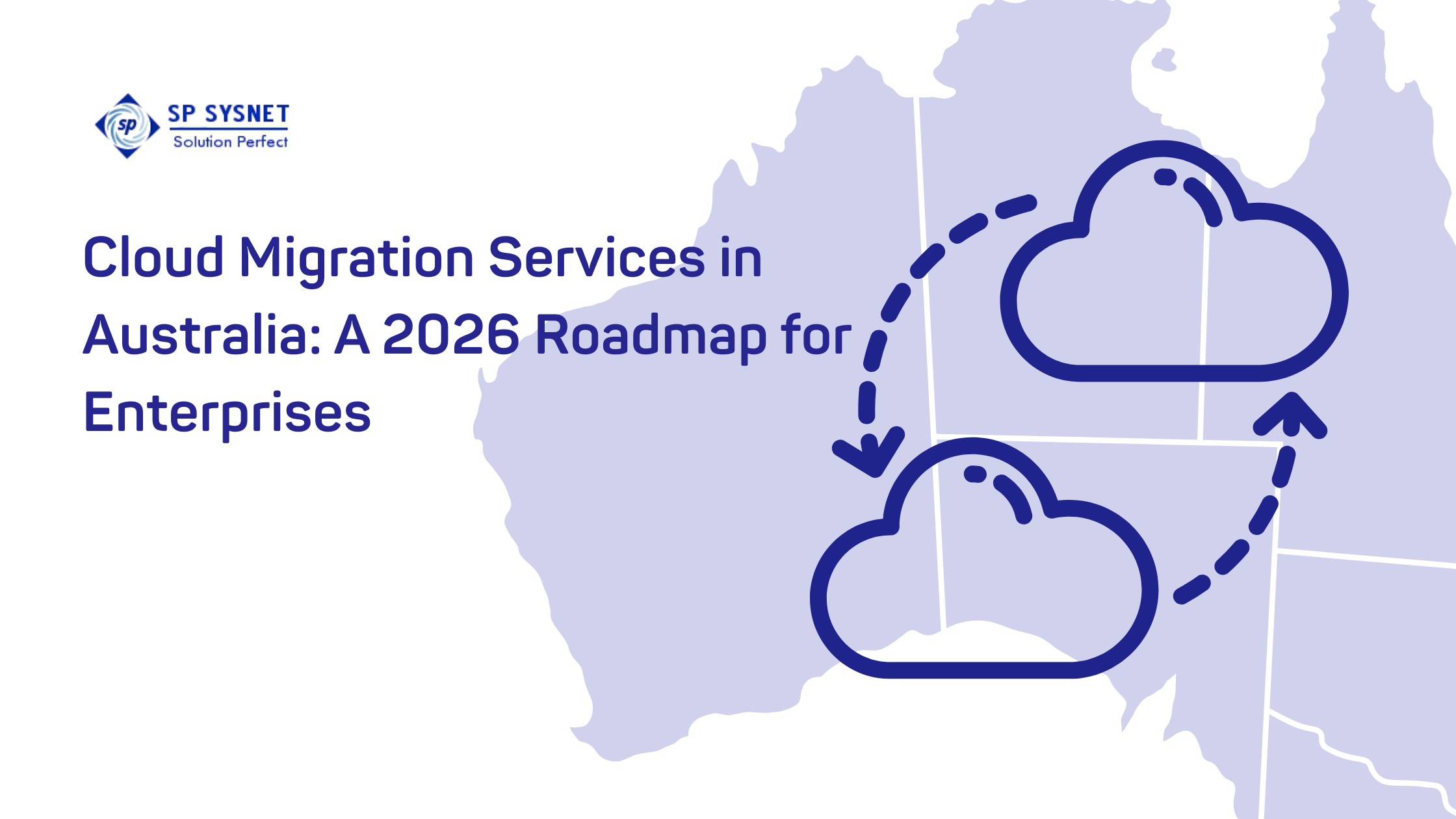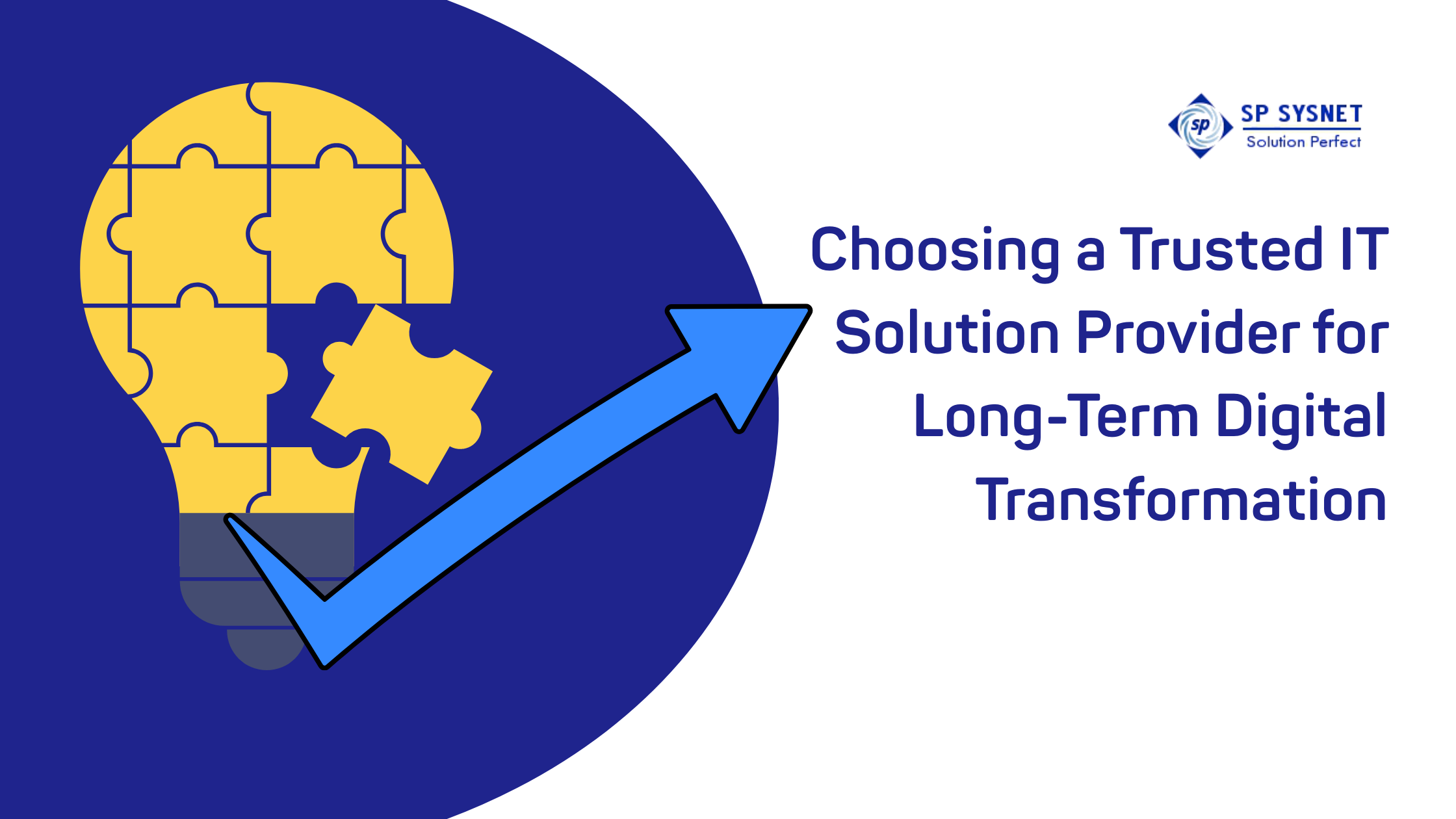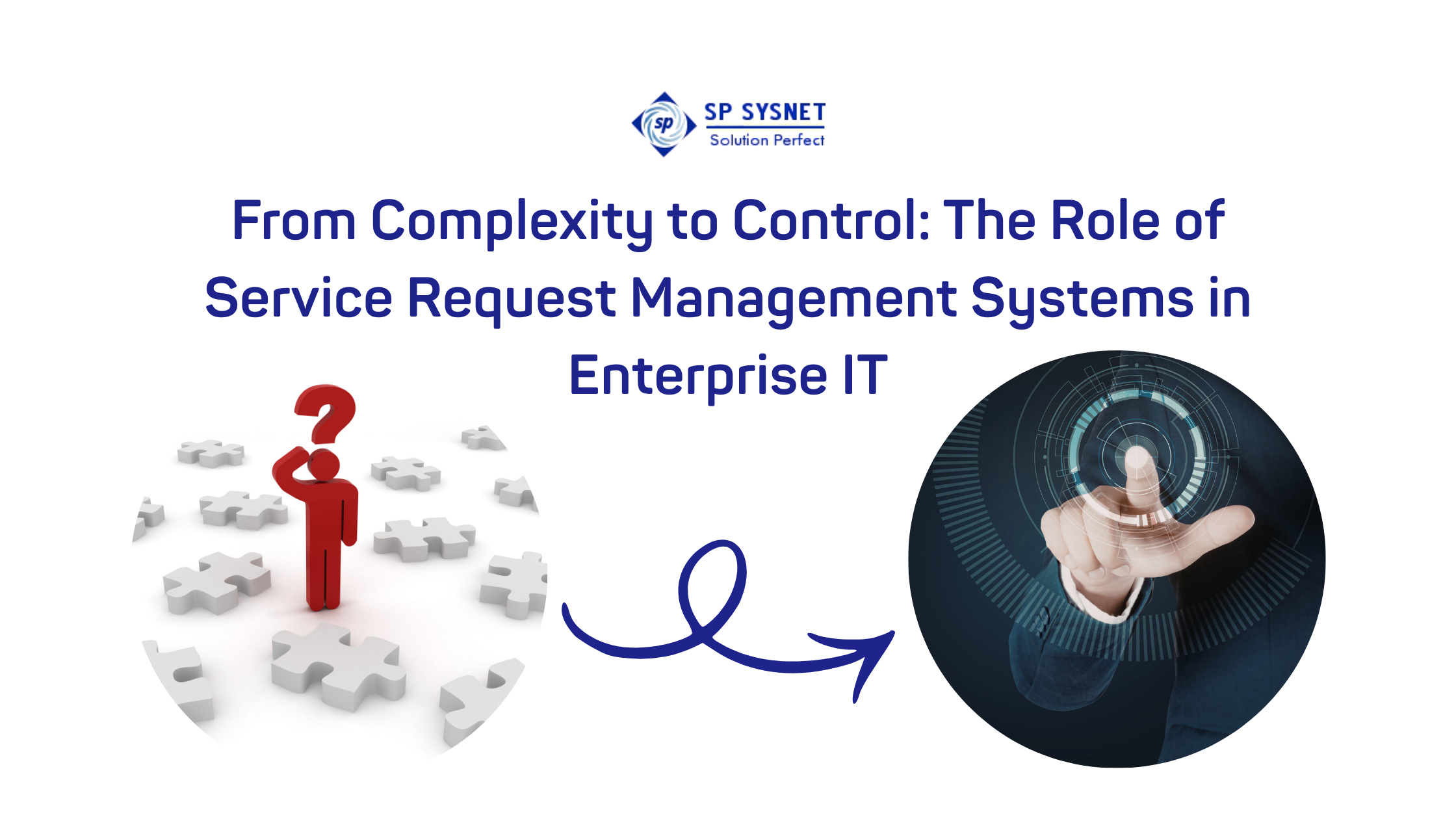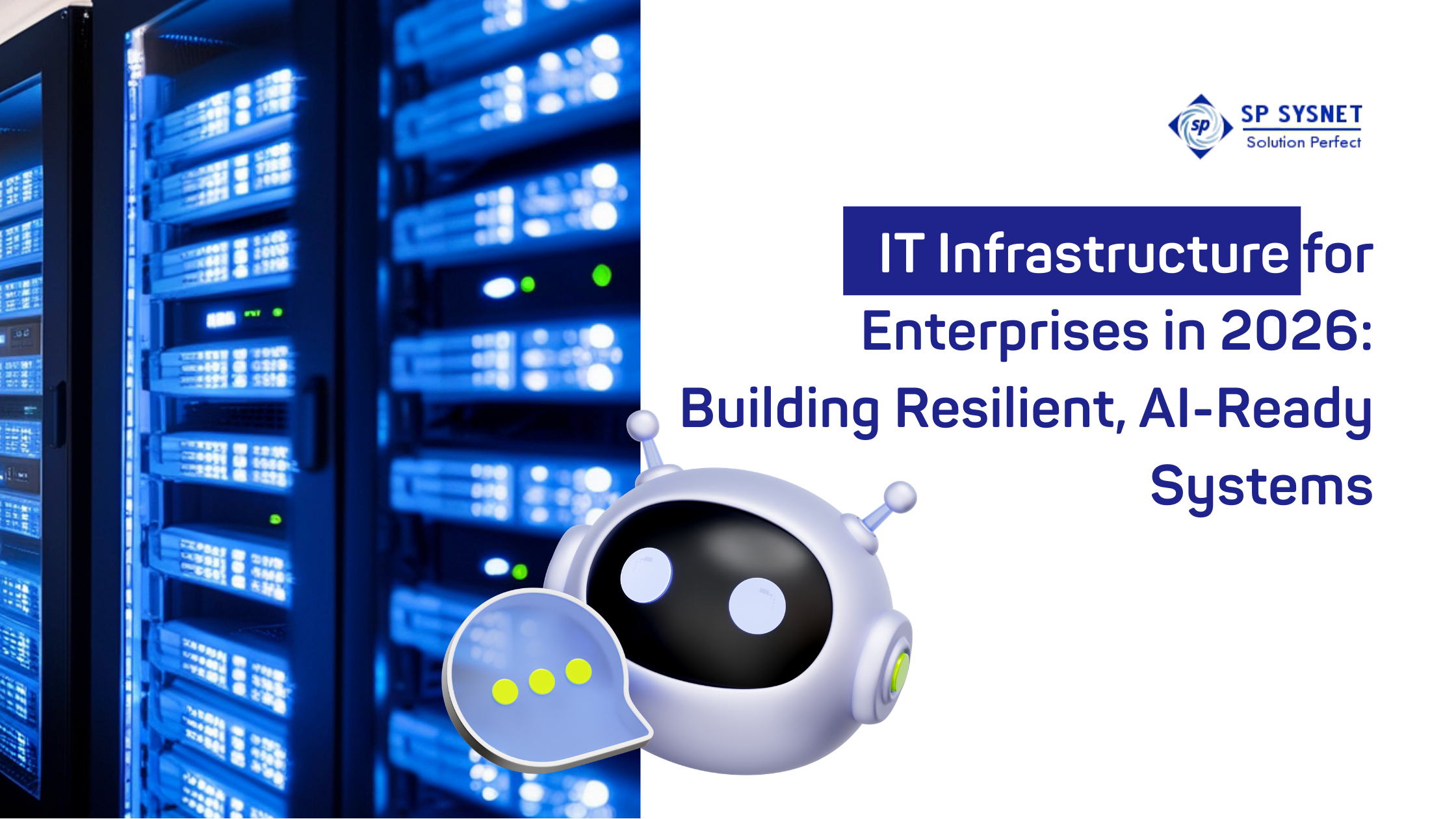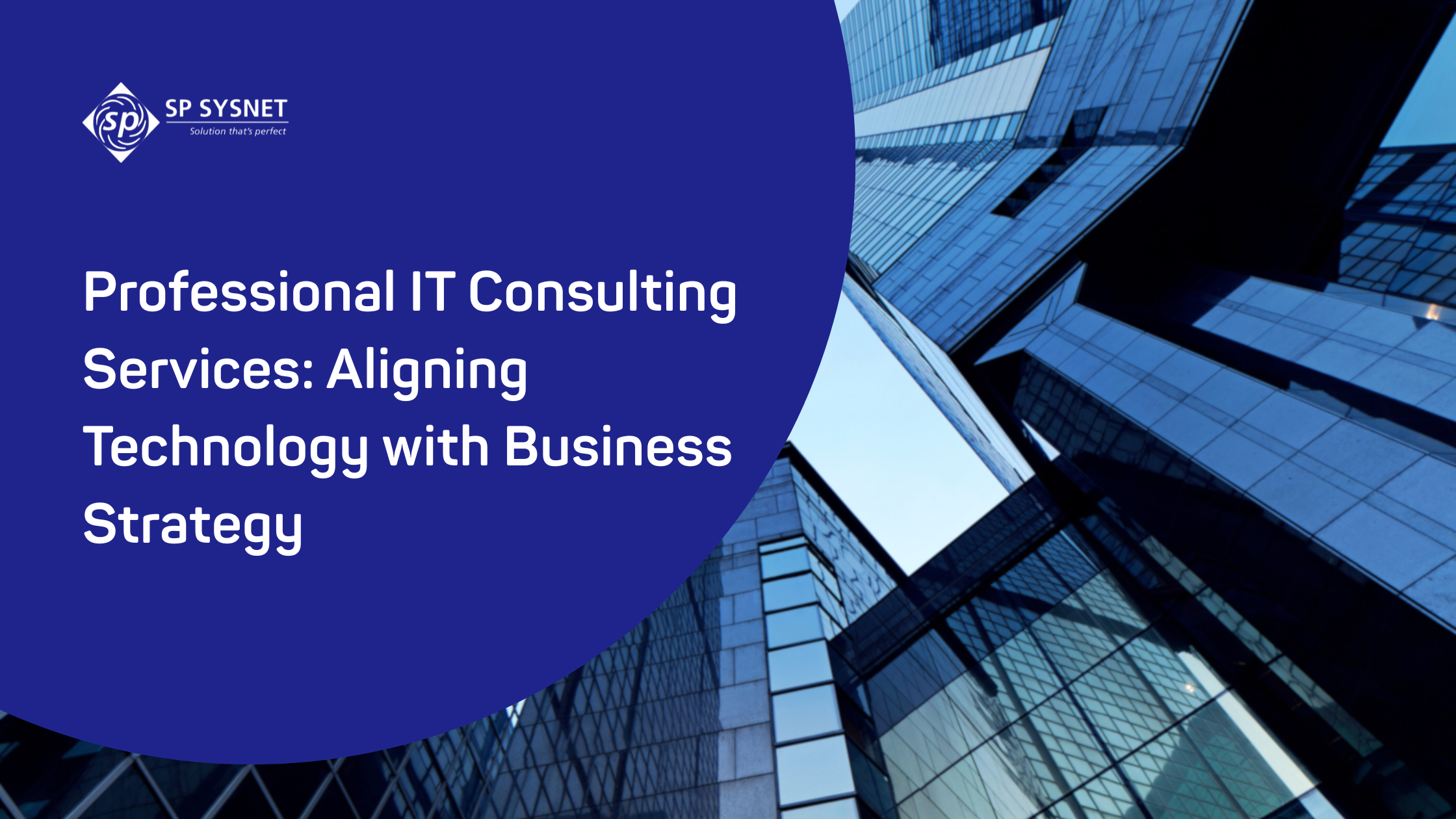Small and mid-sized businesses (SMBs) continue to be prime targets for cybercriminals, with limited IT budgets and fewer internal resources often making them vulnerable. Yet, digital transformation, remote work, and growing reliance on cloud services demand stronger, more intelligent cybersecurity. Striking a balance between protection and affordability is critical.
Investing in the right SMB security solution can help organizations defend their assets without overstretching their budgets. Smart security for SMBs doesn’t mean costly or complex; it means strategic, scalable, and cost-effective choices that offer robust coverage.
Start with a Risk Assessment
Before deploying any tools or protocols, the first step is to assess your current security posture. Understand what assets need protection—data, applications, endpoints, networks—and evaluate the threats most likely to impact your operations. Identify vulnerabilities such as outdated software, lack of encryption, weak passwords, or unprotected endpoints. Conducting regular risk assessments enables SMBs to allocate resources more efficiently and prioritize the right solutions without wasting money on unnecessary tools.
Implement a Layered Security Approach
Relying on a single line of defense is no longer sufficient. SMBs need to adopt a layered security model that includes firewalls, antivirus software, intrusion detection systems, and regular updates. Layered security adds depth to your defense strategy, ensuring that if one mechanism fails, another is ready to protect.
Choosing integrated platforms or managed service providers can help small businesses manage this complexity without hiring full-scale in-house security teams. Bundled SMB security solutions often come at a lower cost and with simplified deployment.
Focus on Email Security
Email remains one of the most common attack vectors for phishing, malware distribution, and credential theft. Implementing robust email security solutions is a must for every SMB. These solutions include spam filtering, real-time threat detection, secure email gateways, and encryption tools. Modern email security can also incorporate AI-driven threat analysis to detect suspicious patterns and prevent fraud. Encouraging employees to identify phishing attempts and maintain proper email hygiene further strengthens defenses.
Use Multi-Factor Authentication (MFA)
Simple password protection is no longer enough. SMBs should implement MFA wherever possible, especially for email accounts, financial platforms, and any system with sensitive data access. MFA significantly reduces the risk of unauthorized access by requiring users to verify their identity through a second layer, such as a mobile code, fingerprint, or hardware token. Many platforms now offer built-in MFA features at no extra cost, making this a high-impact yet low-cost upgrade.
Regularly Update and Patch Systems
One of the simplest and most overlooked best practices is ensuring all devices, applications, and systems are regularly updated. Unpatched software is a common entry point for cybercriminals. Automated patch management tools can help maintain compliance and reduce the manual workload on small IT teams. SMBs should create a structured patch management policy and rely on trusted IT support partners who can monitor and manage these updates without disrupting operations.
Train Employees to Be Security Aware
Employees are the first line of defense—and sometimes the weakest link. Regular training programs help build awareness about social engineering attacks, phishing emails, safe internet practices, and secure data handling. Many affordable or free training modules are available online and can be integrated into onboarding or routine training schedules. Encouraging a security-first culture empowers employees to recognize threats and take preventive actions independently, reducing overall risk.
Leverage Cloud-Based Security Tools
Cloud-based security tools offer affordable, scalable protection for SMBs without requiring heavy infrastructure investments. These tools often come with built-in compliance support, data encryption, access control, and centralized management dashboards. Whether it’s securing cloud storage, SaaS applications, or collaboration platforms, cloud-native security solutions give SMBs enterprise-level features at SMB-friendly pricing. Cloud providers also regularly update their services to defend against the latest threats.
Outsource to a Trusted IT Partner
For SMBs without an in-house IT team, outsourcing to a trusted managed service provider (MSP) is a practical approach. MSPs like SP Sysnet offer customized IT and cybersecurity services, including 24/7 monitoring, endpoint protection, and compliance support, tailored to SMB needs and budgets. Outsourcing not only fills the technical gap but also offers businesses access to the latest technologies, expert consultation, and faster issue resolution without the cost of building an internal team.
Create a Security Policy and Incident Response Plan
Every business, regardless of size, needs a documented security policy. This policy should outline access controls, data handling protocols, employee responsibilities, and acceptable use guidelines. Additionally, an incident response plan ensures your team knows what to do if a breach occurs. Having predefined steps for containment, recovery, communication, and legal response reduces panic and helps contain damage quickly. Regularly reviewing and testing this plan keeps it relevant and effective.
Backup Regularly and Test Recovery Plans
Data backup is the safety net every SMB must prioritize. Whether it’s accidental deletion, ransomware, or hardware failure, having recent backups ensures your business can recover without major losses. Backup strategies should include both onsite and offsite storage with scheduled automatic backups. Just as important as creating backups is testing the recovery process. Regular drills help ensure that your team knows how to restore data when needed and that the backups are usable.
Conclusion
Securing your business doesn’t have to break the bank. With smart planning, the right tools, and a proactive mindset, SMBs can build a strong defense against cyber threats while staying within budget. Whether it’s adopting cloud-based protection, investing in employee training, or choosing reliable email security solutions, there are practical ways to reduce risk without overspending.
At SP Sysnet, we specialize in delivering cost-effective, powerful SMB security solutions designed to grow with your business. Our team combines deep industry knowledge with hands-on expertise to help small and mid-sized businesses thrive in a secure digital environment. Let us be your trusted IT security partner as you build toward a safer, smarter 2025.


